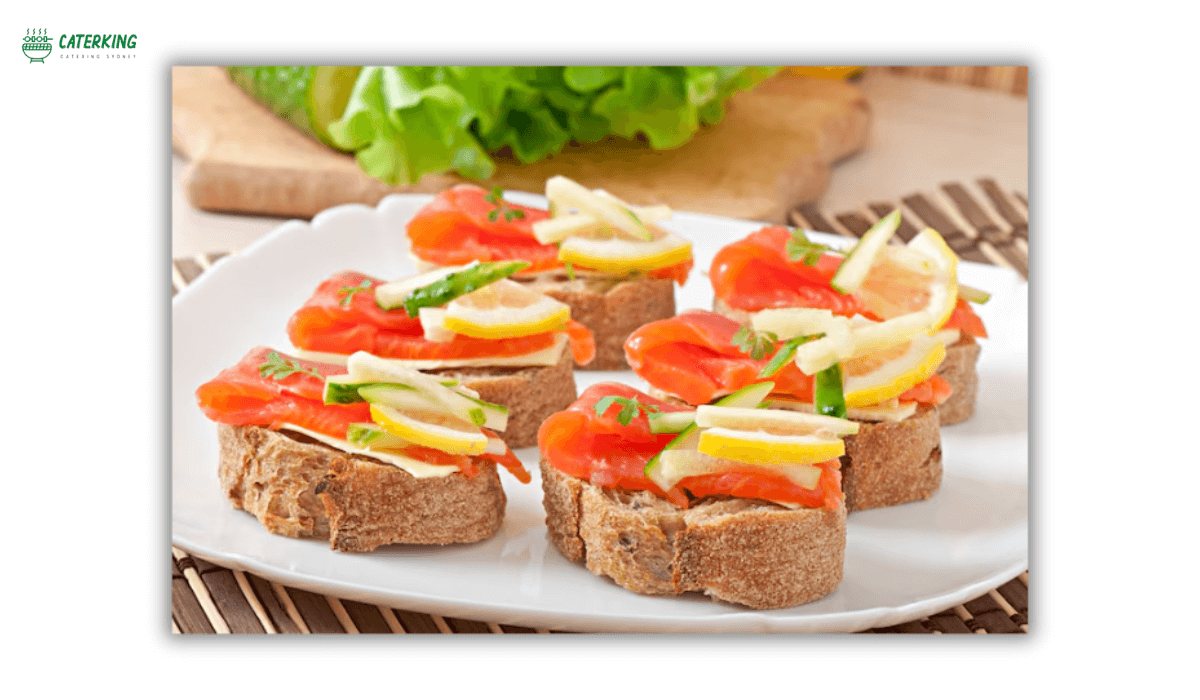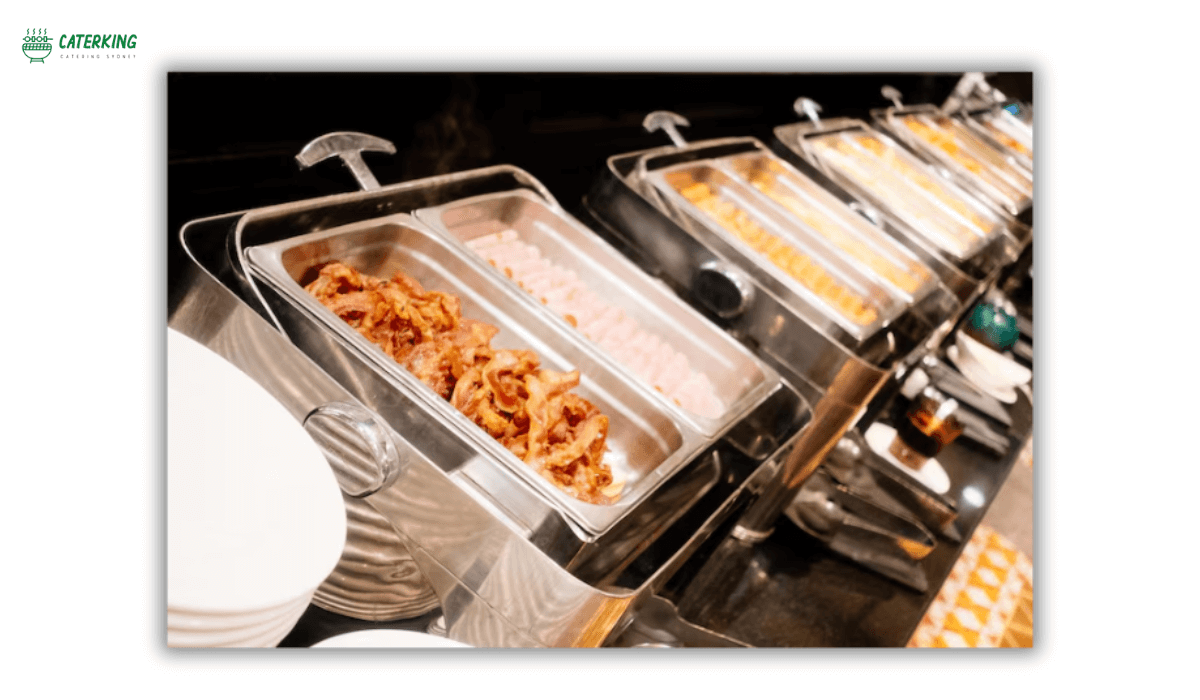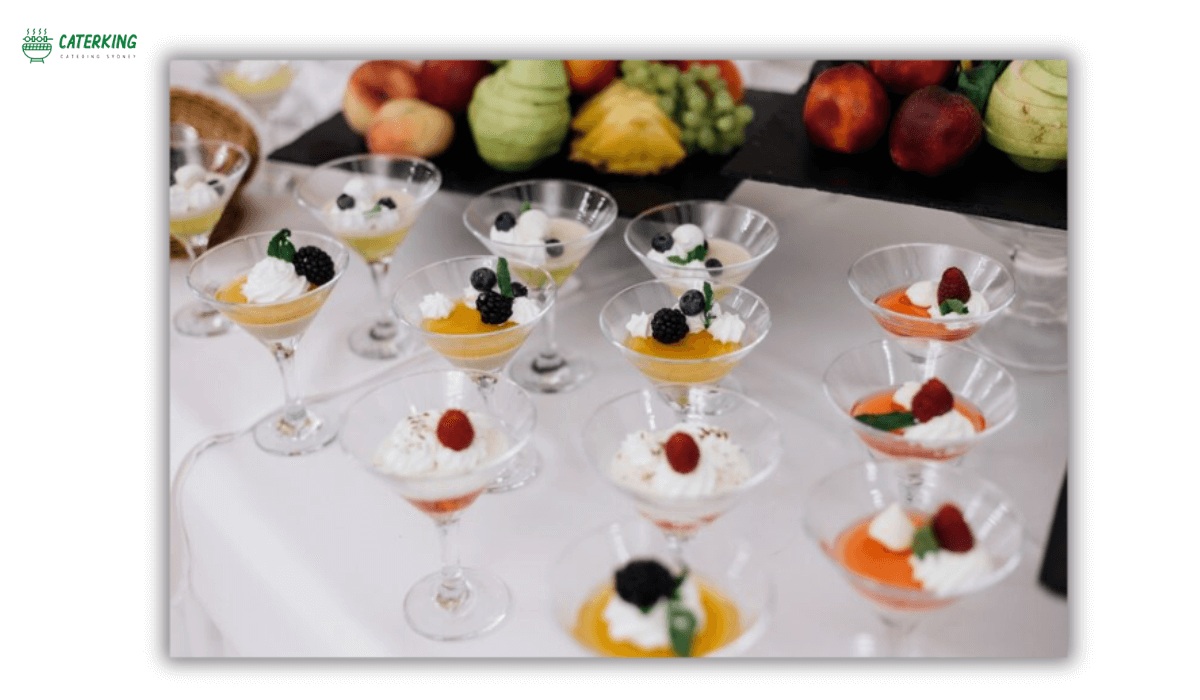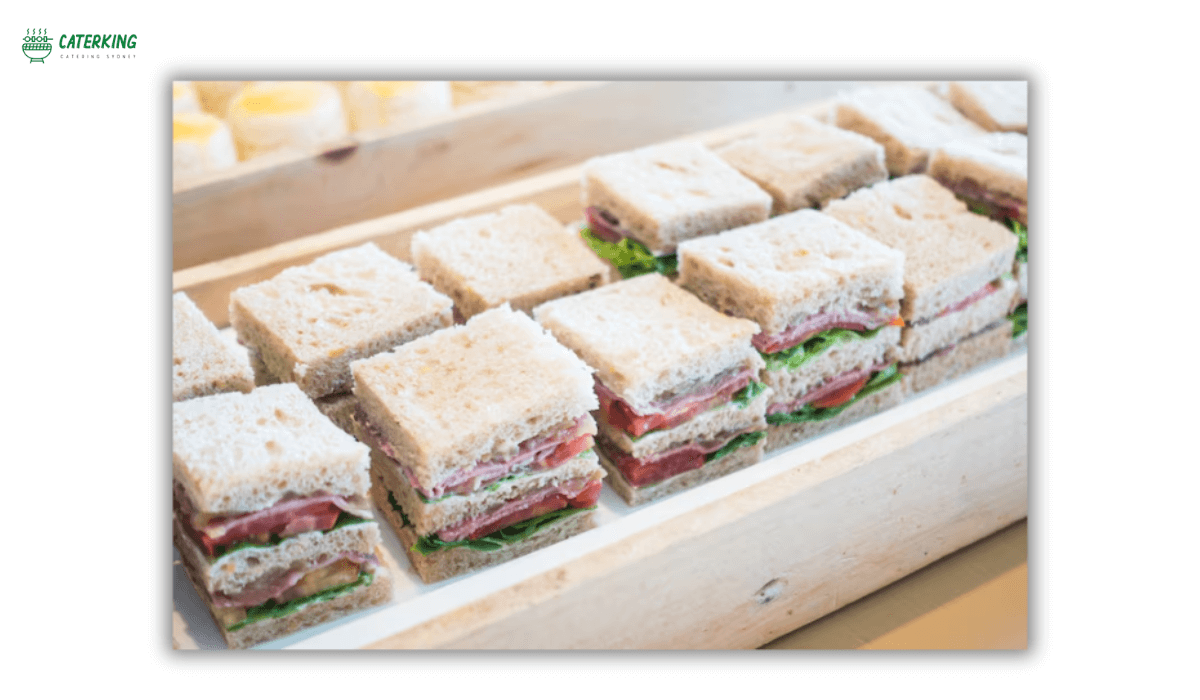French finger foods bring a touch of charm and sophistication to any gathering. Whether you’re hosting a cocktail party, a wine tasting, or simply indulging in a delicious apéritif, these bite-sized delights offer an explosion of rich flavors, delicate textures, and timeless elegance.
From buttery gougères to tangy tapenade crostini, each dish tells a story of French culinary artistry. In this guide, we explore the magic of French finger foods, when to serve them, and how to pair them with the perfect drink—so your next event can feel effortlessly chic.
Exploring the Art of French Finger Food
What Makes French Finger Food Unique?
French cuisine is known for its balance of flavors, refinement, and appreciation for quality ingredients. When it comes to finger foods, the same principles apply. Unlike many other cultures that focus on heavy, fried, or overly sweet appetizers, French finger foods often highlight fresh produce, artisanal cheeses, and classic cooking techniques. A simple tartine with creamy goat cheese and honey can be just as impressive as a delicate seafood tartlet.
Another aspect that sets French finger food apart is its deep-rooted tradition in social dining. In France, appetizers are not just snacks; they are an invitation to slow down, savor each bite, and enjoy good company—just like
these irresistible Italian finger foods that embody convivial flair in a different cultural setting.
The Role of Finger Foods in French Dining Culture
Finger foods are integral to the French concept of "apéro"—the beloved tradition of gathering before dinner to enjoy drinks and light bites. Whether it’s a casual get-together with friends or a sophisticated soirée, an apéro is incomplete without an assortment of delicious nibbles.
Typically served in the early evening, these small bites pair beautifully with French wines, from crisp Champagne to deep Bordeaux reds. The key is balance—choosing foods that enhance rather than overpower the drink.
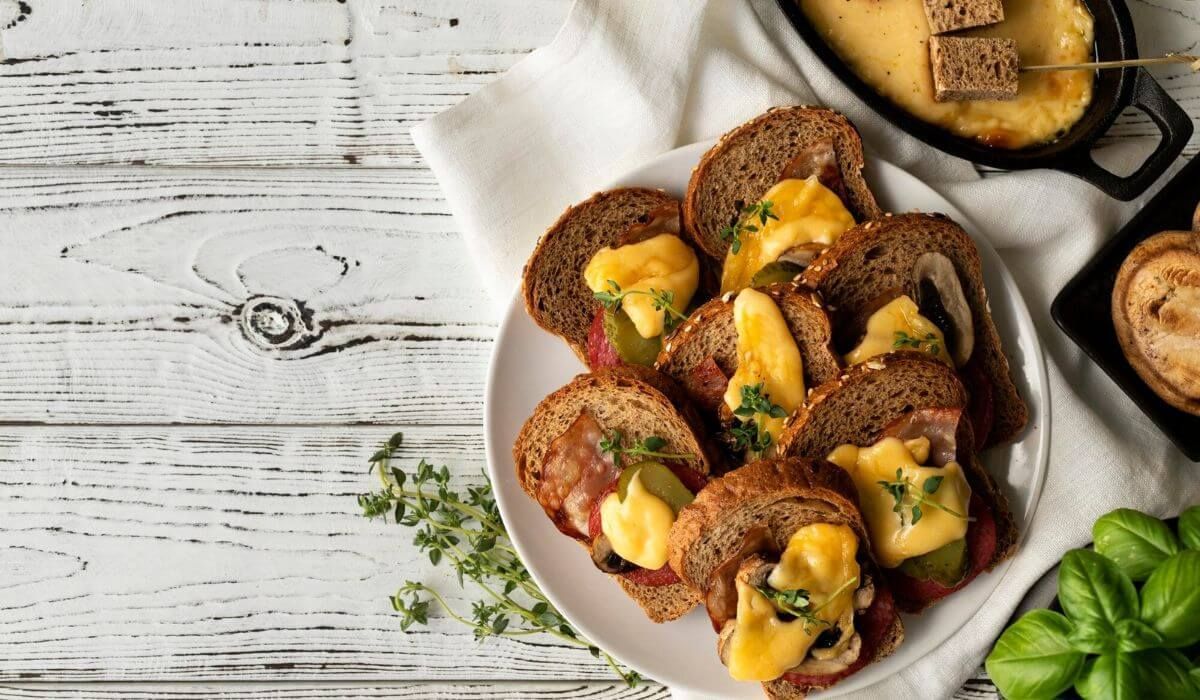
Popular French Finger Foods & Appetizers
Classic Canapés & Tartines
French canapés and tartines are all about simplicity with bold flavors. Smoked salmon on crème fraîche-topped baguette slices is a timeless favorite, offering a silky contrast to the crisp bread. Another beloved option is foie gras on brioche, often complemented by fig jam for a touch of sweetness. If you prefer vegetarian bites, goat cheese with a drizzle of honey on a toasted baguette makes an elegant and flavorful choice.
Elegant French Pastry Bites
French pastries aren’t just for dessert! Savory pastry bites like gougères—small cheese puffs made with Gruyère—are light, airy, and packed with flavor. Mini quiches, whether Lorraine (with bacon and cheese) or vegetarian (spinach and mushroom), are a crowd-pleaser at any event. Meanwhile, vol-au-vent, delicate puff pastry shells filled with creamy mushrooms or seafood, bring a luxurious touch to any menu.
Traditional French Starters in Finger Food Form
Some of France’s most iconic starters can be miniaturized into perfect bite-sized portions. Escargots en croûte, for example, wrap buttery garlic snails in flaky pastry for a refined yet accessible twist. For something heartier, consider mini French onion soup bites—small bread rounds topped with caramelized onions and melted Gruyère. Ratatouille tartlets showcase the vibrant flavors of Provence, with roasted vegetables layered on crisp pastry.
Seafood-Based French Finger Foods
Seafood plays a significant role in French appetizers, with oysters served on the half shell with a shallot vinegar dressing being a top choice for special occasions. Mini tartlets filled with smoked trout mousse offer a smoky yet delicate flavor, while scallop carpaccio, served on toasted baguette slices, provides a refreshing and elegant bite.
Charcuterie & Cheese Pairings
No French gathering is complete without a well-curated selection of charcuterie and cheese. For an effortless yet impressive finger food, try skewers of saucisson (dry-cured sausage) with tangy cornichons. Mini croque-monsieur bites, essentially tiny ham and cheese toasties, bring a comforting, savory element to the table. For a touch of sweetness, figs stuffed with Camembert and walnuts create a perfect balance of flavors.
French-Inspired Vegetarian Finger Foods
Vegetarian French finger foods are just as exciting and flavorful as their meat-based counterparts. Mini pissaladières—small tarts topped with caramelized onions and anchovies—offer a taste of the Mediterranean. Stuffed cherry tomatoes with herbed goat cheese provide a fresh and creamy bite, while roasted red pepper tapenade on crisp baguette slices delivers a burst of rich, smoky flavor.
How to Create the Perfect French Finger Food Menu
Balancing Flavors & Textures
A well-designed finger food menu should offer variety, combining crunchy and creamy textures with a mix of savory, tangy, and subtly sweet flavors. The French approach to food is about harmony—opting for high-quality ingredients that naturally complement each other.
Pairing French Finger Foods with Drinks
Pairing food with the right beverage enhances the overall experience. Champagne works well with light seafood bites, while a bold Bordeaux pairs beautifully with rich canapés like foie gras. For non-alcoholic options, sparkling water with a squeeze of lemon keeps the palate refreshed.
Hosting a French-themed cocktail Party
To host a successful French-style gathering, focus on ambiance. Use elegant serving platters and light candles for a cozy atmosphere, and play soft French music in the background. Small details like linen napkins and rustic wooden boards for cheese can elevate the experience without extra effort. For more Mediterranean inspiration, consider incorporating ideas from
authentic Greek finger foods that bring fresh, zesty elements to your party spread.
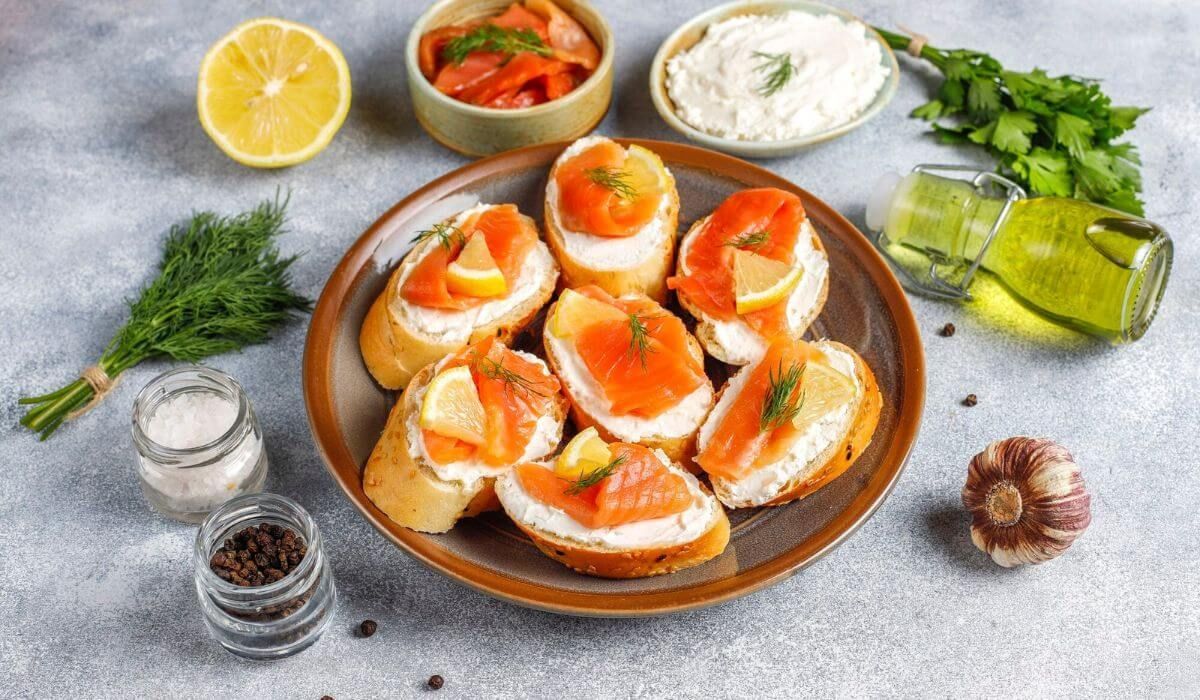
Tips for Making French Finger Food at Home
Essential Ingredients for Authentic Flavors
To achieve true French flavors, always use high-quality ingredients. Essential components include:
- A variety of French cheeses such as Brie, Roquefort, and Comté
- Freshly baked baguettes and puff pastry
- Herbs like thyme, rosemary, and tarragon
- Good-quality butter and olive oil
Time-Saving Techniques for Preparation
Many French finger foods can be prepared ahead of time, making hosting stress-free. Gougères, for example, can be baked and frozen, then reheated just before serving. Tapenades and pâtés can be made a day in advance, allowing flavors to develop fully.
Presentation & Serving Ideas
Presentation is key to French dining. Arrange small bites on stylish platters, use fresh herbs for garnishing, and serve on varied textures like wooden boards and marble trays. This attention to detail makes even simple ingredients feel luxurious.
FAQs About French Finger Foods
What are the most common French appetizers?
Some of the most popular French appetizers include gougères (cheese puffs), foie gras on toast, smoked salmon canapés, mini quiches, and charcuterie with cheese. Seafood options like oysters and smoked trout tartlets are also common for special occasions.
What is the difference between hors d'œuvres and amuse-bouche?
Hors d'œuvres are small appetizers served before a meal, often as finger foods or on platters at cocktail parties. Amuse-bouche, meaning "mouth amuser," is a single, bite-sized portion served before the first course in fine dining to showcase the chef’s creativity.
Can I make French finger foods ahead of time?
Yes! Many French finger foods can be prepared in advance. Gougères can be baked and frozen, mini quiches can be made a day ahead, and tapenades or pâtés develop richer flavors when left overnight. Simply reheat or assemble before serving.
What are the best French wines to serve with appetizers?
Champagne pairs well with light seafood bites, Sauvignon Blanc complements goat cheese tartines, and Bordeaux red wines enhance rich canapés like foie gras. A crisp Rosé is a versatile choice for a variety of French appetizers.
What is the easiest French finger food to make at home?
One of the simplest yet impressive options is a tartine—sliced baguette topped with ingredients like goat cheese and honey, smoked salmon and crème fraîche, or tapenade. Gougères are also easy and require just a few ingredients like cheese, butter, and eggs.
French finger foods bring sophistication and warmth to any occasion. Whether you’re crafting a refined apéro platter or experimenting with classic recipes, these delicious bites capture the essence of French culinary artistry. If you're in Sydney and want an authentic French catering experience, let Caterking bring the flavors of France to your event!

